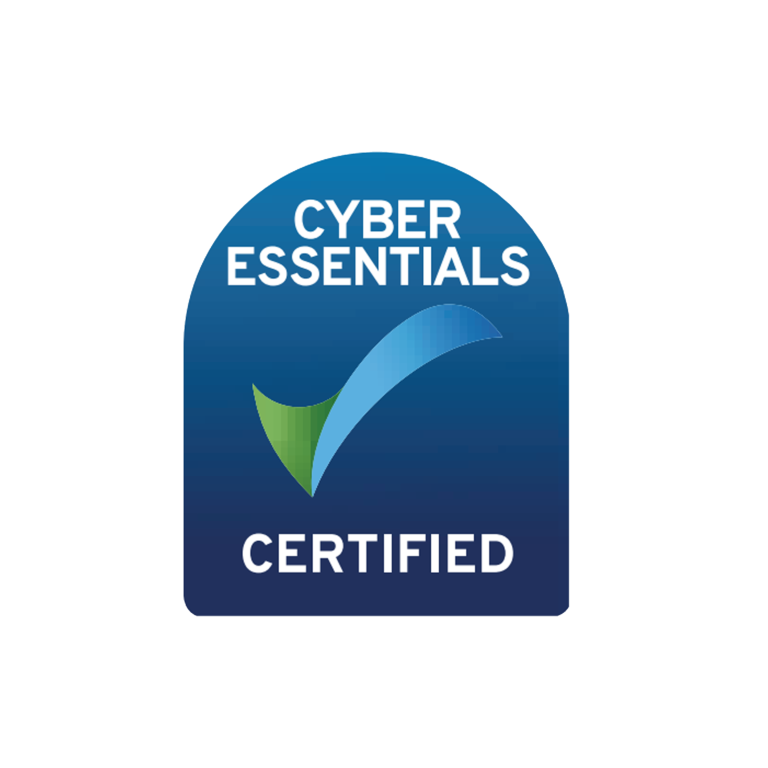
Understanding Blueprint Two: What you need to know and do
Timeline and Key Updates:
1st July 2024: The first critical juncture. Bureau services will transition to the new digital processing platform, notably marked by the introduction of the International Premium Orchestration Service (IPOS) and International Claims Orchestration Service (ICOS). The existing DXC Bureau services will cease to exist.
September 2024: Phase two rolls out. From this time, stakeholders can collaborate with Lloyd’s and Velonetic onboarding specialists to leverage the new technological capabilities and adapt to the updated operating processes.
November 2023: Marks the release of training resources (necessary to prepare for 1st July 2024)
While the impending shifts are becoming common knowledge, the steps towards seamless adoption may remain hazy for some. As the clock ticks, it’s vital to understand system changes and embrace the windows available for technology testing, ensuring absolute readiness before the 1st July 2024 deadline.
Your Blueprint Two Action Plan:
- Assign a Blueprint Two champion: If you haven’t yet, designate an internal expert or change agent to champion Blueprint Two. This person should:
- Explore the Blueprint Two Velonetic Adoption guide
- Engage with Velonetic and Lloyd’s communities, liaising with your appointed Engagement Partner
- Analyse Lloyd’s guidance, tailoring their insights to fit your organisation’s unique needs
- Know your portals: Familiarise yourself with the portals that will undergo changes by 1st July 2024 (identified in the Velonetic Adoption guide). Recognise which are relevant to your organisation and the processes and users they will affect.
This involves:
- Informing users about the upcoming changes and strategising to harness Blueprint Two’s opportunities, especially regarding training resources
- From the tech side, expect some alterations like redirecting services and whitelisting URLs, which could influence both in-house and third-party systems
- Vendor collaboration: Engage with your tech providers, ensuring their systems align with phase one specifications. It’s imperative to delineate responsibilities in the preparatory phase clearly
The next major milestone to note is November 2023, marking the release of training resources. From then on, you should:
- Initiate training: Organise orientation and training sessions for the stakeholders affected, ensuring a smooth transition to new platforms.
- Engage in testing: If you prefer, join the in January 2024 or opt for self-service in March 2024. While a phase two adoption guide will be released in Q4 2023, your testing strategy should include:
- Envisioning phase one scenarios: Determine the operational outcomes you seek and prepare scenarios for each. Now is the time to ensure alignment between your processes and the new solutions.
- Partnering with vendors and third parties: Coordinate with partners for optimal resource utilisation during testing. Harness the shared wisdom of third-party vendors catering to diverse clients.
- Planning for phase two: Allocate time and resources now to set your strategy for phase two. As 2024 promises to be dynamic, a concrete plan will be your best ally for a seamless transition from phase one to phase two.
GreenKite is actively assisting market participants in navigating Blueprint Two changes. For further information, please contact Nadia Timmer at [email protected].





